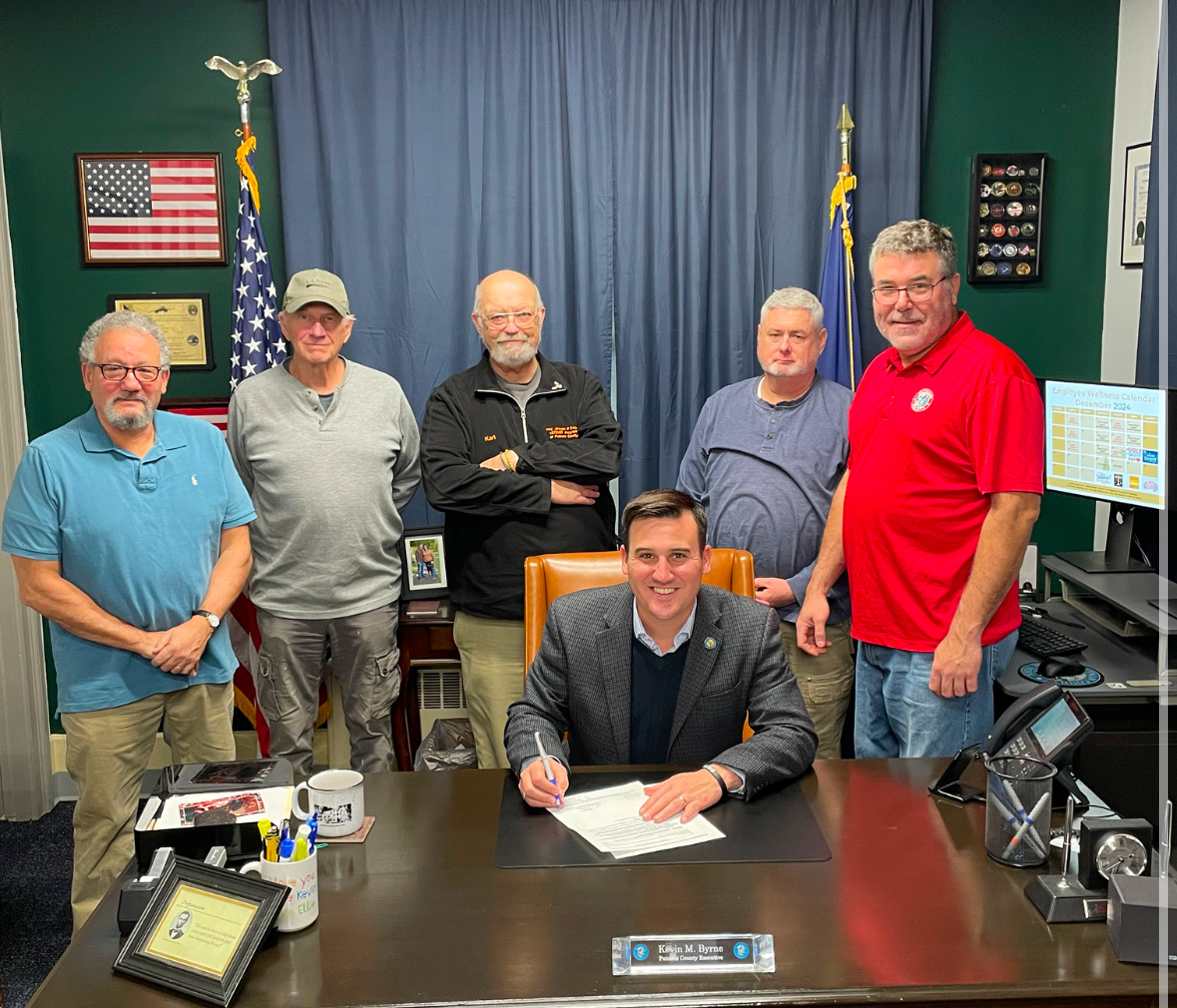Virginia Lawmaker Pushes for Major Housing Reforms to Help First-Time Homebuyers

As Virginia faces rising housing prices and a shrinking supply of homes, state Senator Glen Sturtevant is taking action to ensure that the American Dream of homeownership remains within reach for working families. Sturtevant, a long-time advocate for policies that support the every day Americans, is pushing for major changes in Virginia’s housing market, aiming to make it easier for first-time homebuyers to take that crucial first step toward owning a home.
The rising challenges of homeownership, particularly in Virginia, have motivated Sturtevant to propose a series of measures that could reshape the housing market. “Homeownership is the cornerstone of a stable and fulfilling life,” Sturtevant said. “But skyrocketing prices and diminishing supply are causing families to struggle in taking that first step toward buying a home. Everyone deserves the chance to put down roots, build equity, and create a future for their family. Letting private equity firms compete against regular folks trying to buy a new home is making the American Dream harder to pursue for working families, and we need to fix this.”
Sturtevant’s plan includes several key proposals aimed at addressing the obstacles that first-time buyers face when trying to enter the housing market. One of the cornerstone measures is the creation of a down payment assistance program. This program would help ease the financial burden on first-time buyers, addressing one of the most significant hurdles in purchasing a home. Additionally, Sturtevant is pushing for a ban on hedge funds purchasing single-family homes, which he believes is unfair to regular families who are trying to buy homes for themselves.
The proposal to make interest rates assumable would allow buyers to take over a seller’s low-interest rate if they are selling their home. This measure would allow buyers to benefit from lower rates, which is especially important given the recent uptick in interest rates with 30 year fixed rates north of 6.5%.
These policies are all aimed at helping first-time homebuyers who may otherwise struggle to afford homeownership in today’s competitive housing market. “These changes won’t just help families buy homes—they’ll also strengthen our communities by making sure more people can live, work, and raise a family in Virginia,” Sturtevant explained.
While there is ongoing debate over whether these proposals are realistic in the current economic climate, Sturtevant remains confident in the effectiveness of his proposals. “I truly believe that investing in housing is one of the smartest things we can do,” Sturtevant said. “A stable housing market lifts everyone up, from families looking for a home to local businesses and the broader economy.”
Acknowledging the challenges of implementation, Sturtevant is determined to push forward, stressing that the long-term benefits of these measures will ultimately outweigh the short-term difficulties. He is committed to working with housing experts and stakeholders to ensure that these policies are effective and that unintended consequences are minimized.
One of the most significant aspects of Sturtevant’s proposals is the potential for bipartisan support. Housing affordability is a critical issue that affects Virginians across the political spectrum, and Sturtevant believes that addressing this issue should transcend party lines. “Ensuring affordable access to housing isn’t a partisan issue—it’s something everyone can get behind,” he said. “I’ve been encouraged to see lawmakers on both sides of the aisle recognize how critical this issue is. We may not agree on every detail, but there’s a shared understanding that we need to act. I believe we can find some common ground to move these ideas forward.”
This bipartisan approach is vital, as the success of these proposals will depend on the support of both Republicans and Democrats in the General Assembly. Sturtevant is hopeful that collaboration on this issue will lead to meaningful changes that can benefit Virginia’s housing market in the long run.
Despite the potential benefits, critics have voiced concerns about unintended consequences, including the possibility that such policy changes could exacerbate the housing crisis in other ways. Sturtevant acknowledges these concerns, stating that it is essential to be intentional about how policies are crafted and implemented.
“I completely understand these concerns, and it’s important to be very intentional to ensure there are not any unintended consequences,” he said. “For example, increasing housing supply is one of the best ways to keep prices in check. I’m also committed to ongoing feedback from housing experts and the communities these policies will impact. This isn’t about rushing change—it’s about getting it right.”
Sturtevant is committed to ensuring that these reforms do not backfire. By focusing on increasing the housing supply and working closely with experts and community members, he believes the state can avoid pitfalls and create a fairer, more accessible housing market.
One of the driving forces behind Sturtevant’s proposals is the real-life struggles of constituents who are facing the challenges of homeownership firsthand. He shared a particularly poignant story of a young couple from Chesterfield who have been working full-time and saving for years to buy their first home. Despite their best efforts, they have found themselves outbid or priced out of the market. They are even considering relocating to another state.
“Stories like theirs serve as a stark reminder that it’s about giving these families a fair shot to pursue the American Dream,” Sturtevant said. This personal connection to the issue is what fuels Sturtevant’s determination to fight for change.
As Sturtevant works to build support for his proposals in the General Assembly, he is focused on listening to all stakeholders and ensuring that the legislation is reflective of the needs of Virginia’s residents. While there is still much work to be done, Sturtevant is confident that, with collaboration and dedication, the proposed reforms can become a reality.
“The next steps are all about building support—talking with colleagues in the General Assembly, listening to stakeholders, and making sure the legislation reflects the needs of the people it’s meant to help,” he explained. “It’s a process, but I’m confident that with enough collaboration and determination from Democrats and Republicans alike, we can make it happen.”
As Virginia lawmakers continue to debate housing policy, Sturtevant’s efforts highlight the urgent need for real solutions to help Virginians achieve the American Dream of homeownership. The proposed reforms, if successful, could serve as a model for other states grappling with similar challenges.
RECENT










BE THE FIRST TO KNOW
More Content By
Think American News Staff











